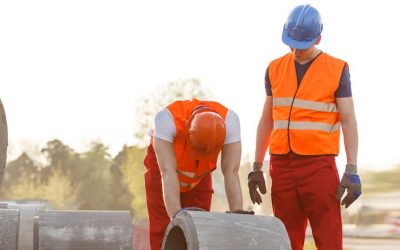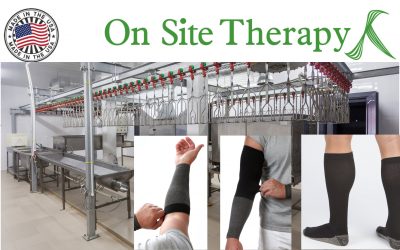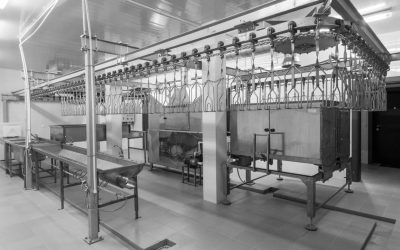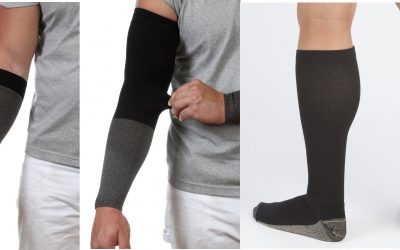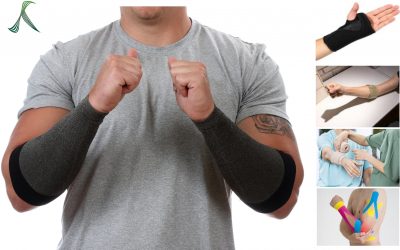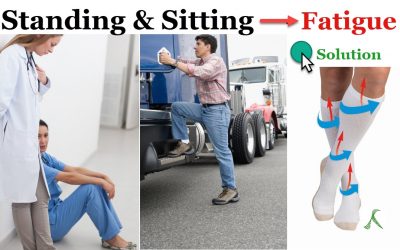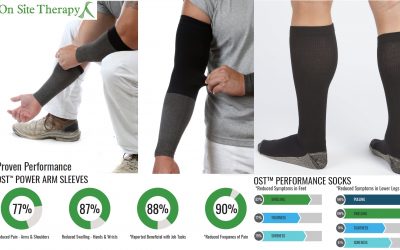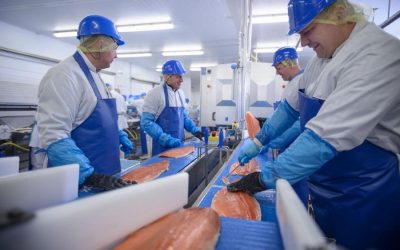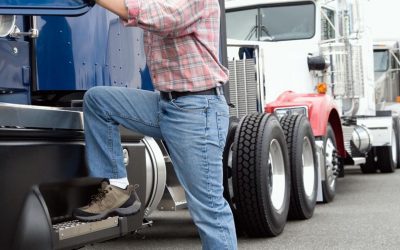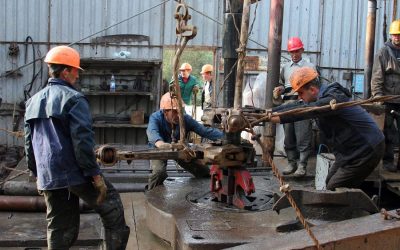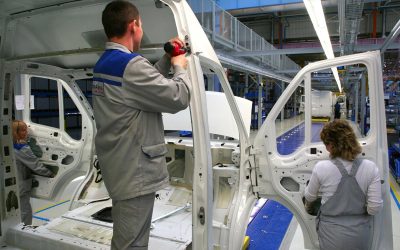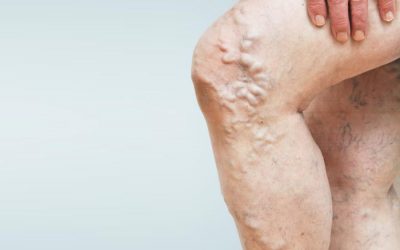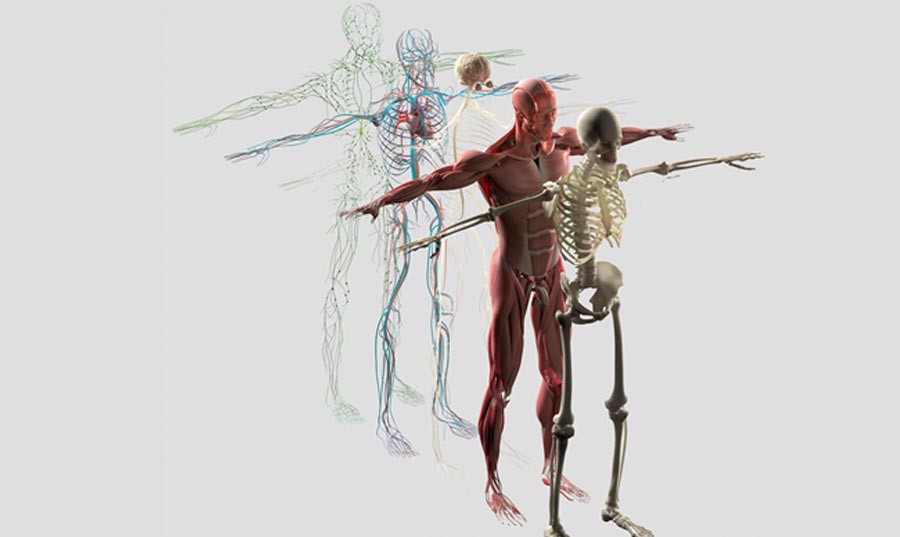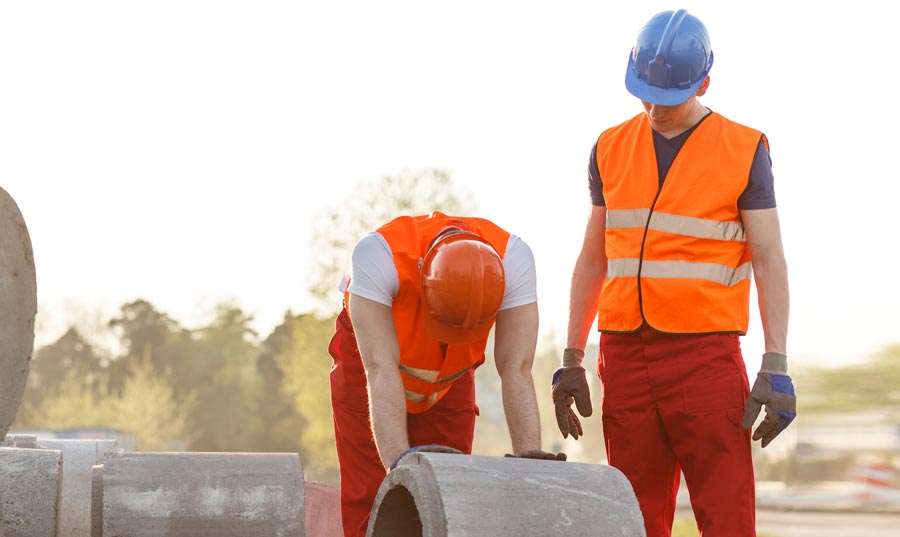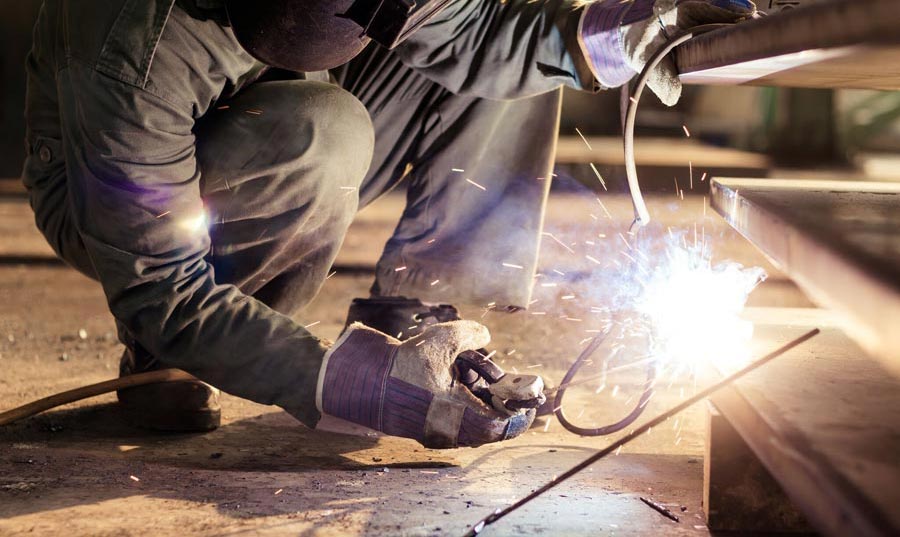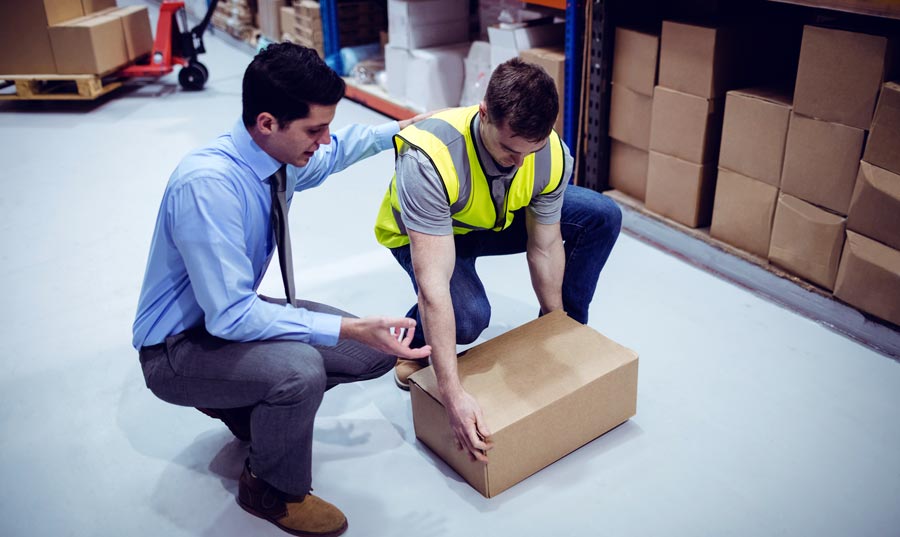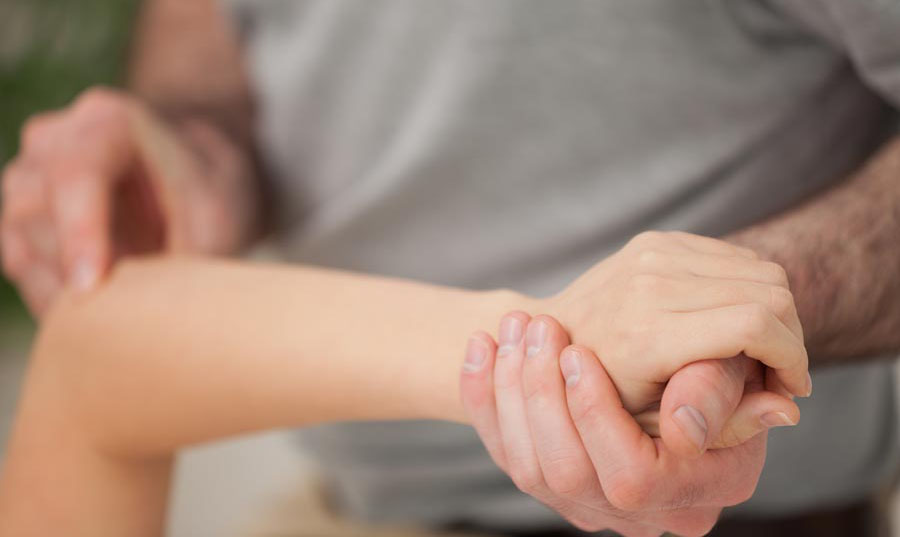On Site Therapy Blog
Return-to-Work (RTW) – Our New Meaning, Our New Need…
For some of us, the term Return-to-Work (RTW) has been associated with workers’ compensation and rehabilitation services for aiding injured workers back to gainful employment. Yet unbelievably, due to our unprecedented times across the country, and the globe, our use...
Meat Processing Industry – Wearable Wellness Solutions
Given the recent media coverage on the Meat Processing Industry due to COVID-19 Pandemic it may be helpful to expand our understanding of the efforts of everyone from the Production Line Worker, Safety, Occupational Health Nurses, and the Companies supporting the...
How to Maintain a Healthy & Productive Workforce? Proven Solutions
The need for maintaining a healthy and productive workforce has quickly elevated as priority for many employers across all industry segments. In conjunction with instituting universal precautions the question of; “How to maintain a worker’s health & wellness?”...
October – National Ergonomics Month
ERGONOMICS --- fitting a job to a person --- helps lessen muscle fatigue, increases productivity and reduces the number and severity of work-related MSDs. OSHA.gov MUSCULAR FATIGUE - Musculoskeletal Disorders (MSDs) REPETITIVE WORK “When motions are repeated...
Preventative Approaches for Repetitive Strain Injuries – What can we learn?
As with athletics, work tasks requiring repeated hand/arm muscle contractions are at risk of fatigue and repetitive strain injuries (RSI’s). Likewise, many of our industrial approaches to date have emerged from the field of rehabilitating and returning athletes to...
HOW CAN FATIGUE – SORENESS – PAIN IMPACT EMPLOYEE TURNOVER?
Industries with high rates of employee turnover recognize the challenges in finding qualified persons who can learn the skills, demonstrate physical abilities, and achieve employee retention. Each new employee is an investment of time and money to educate, train, and...
Prolonged Standing & Sitting Work – FATIGUE HAZARDS
Workplace hazards of Prolonged Standing and Sitting are not a new phenomenon, however, our understanding of the body’s physiological responses and ergonomic solutions is expanding. The perception of worker fatigue following a workday requiring prolonged postural...
Emerging Use of Compression Wear
The emerging use of compression wear has witnessed decades of validated use in the medical field, recent increased visibility within both amateur & professional sports, and now On Site Therapy® is proud to present the industry’s first line of Occupational...
Special Report – The Cost of Repetitive Strain Injuries
According to the U.S. Department of Labor and the Occupational Safety and Health Administration in addition to spending $20 billion annually on workers’ compensation costs due to Repetitive Strain Injuries, the U.S. spends another $100 billion on lost productivity, employee turnover, and other indirect expenses.
Workplace Hazard – Prolonged Sitting
Prolonged sitting places more stress on the spine, muscles, tendons, ligaments, and cardiovascular system than any other position, or body posture. To date our preventative focus has been with ergonomic seating and most recently sit-to-stand solutions. Although somewhat beneficial these solutions do not address the occupational demands and underlying physiological responses.
Workplace Hazard – Prolonged Standing
Standing at work for prolonged periods is an occupational hazard directly linked to both musculoskeletal injuries and chronic health conditions. Studies consistently report evidence of leg/foot & lower back pain, increased fatigue, and leg swelling associated with occupations with constant standing. Not surprisingly repeated exposure to this physical demand without intervention is costing employers an estimated 2 million lost workdays per year and incurs healthcare spending at an estimated at 3 billion per year.
Special Report: The Industrial Athlete
The physicality of WORK is often compared to that of SPORTS. This is so much the case that more and more we hear the label “industrial athlete” being used by many corporate injury prevention & wellness programs. But what are the physical similarities between sports & work? And what are the differences when considering how to improve work performance?
Special Report: Reduce Fatigue & Injuries – Use Gradient Compression Products at Work
Gradient Compression garments worn over the extremities, i.e. foot to calf & wrist to forearm, deliver a controlled amount of pressure to the underlying musculoskeletal, cardiovascular, and lymphatics systems.
Special Report – Chronic Venous Insufficiency
Venous Insufficiency is the flow of blood through the veins is inadequate and the blood begins to pool in the legs. Over time this problem can and typically will become a diagnosis known as Chronic Venous Insufficiency. Venous Insufficiency directly affects the lymphatic system. Chronic Venous Insufficiency is an advance stage of Venous Insufficiency.


